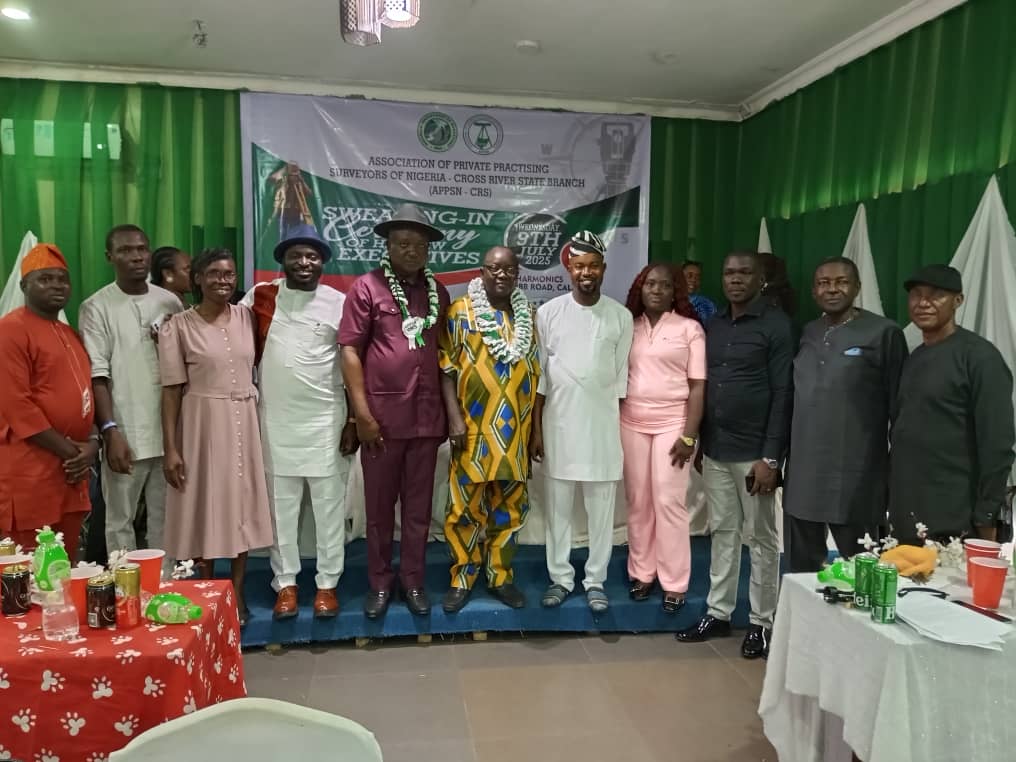The Department of State Services (DSS) has issued a stern warning to Daar Communications PLC, owners of Africa Independent Television (AIT), threatening legal action over what it described as a “false, defamatory, and malicious” report about its activities at the Lagos State House of Assembly.
The controversy stems from a report aired by AIT, alleging that DSS operatives stormed the assembly complex on February 17, 2025, in an attempt to prevent lawmakers, including Speaker Mojisola Meranda, from accessing the chamber for a plenary session.
In a letter addressed to Daar Communications on Monday, DSS legal representative, Ayodeji Adedipe, refuted the claim, stating that its operatives were officially invited by the acting clerk of the assembly in a letter dated February 14. The request, according to the DSS, was made in response to intelligence that former Speaker Mudashiru Obasa planned to forcibly resume office on February 18; a move the assembly leadership deemed a security risk.
“Without any verification of the reason for the presence of our officials at the Lagos State House of Assembly, your organization maliciously and falsely broadcast, both on your news bulletin and print media, that our client had invaded the complex to prevent members and the speaker from entering the chamber for plenary,” the letter read.
Read Also: Nigeria moves to tax cryptocurrency as SEC tightens regulations
The DSS argued that AIT’s report painted the agency as an “irresponsible and reckless organization” acting in a “Gestapo manner” to support one faction in the ongoing political tussle at the assembly.
As part of its demands, the DSS has instructed AIT to retract the report and issue a public apology, which must be aired five times daily for three consecutive days across all its media platforms, including social media.
But Daar Communications was not the only media house to receive such a letter. The DSS also wrote to Channels Television, citing similar grievances and demanding an identical retraction and apology.
Failure to comply within seven days, the DSS warned, could result in legal action under the Cybercrimes (Prohibition, Prevention, etc.) Act of 2015, as amended in 2024.
The DSS’ intervention in the Lagos Assembly crisis is part of a larger political drama that has engulfed the state legislature in recent months. Meranda became the first female speaker of the Lagos State House of Assembly on January 13, after Obasa was impeached while he was out of the country.
Obasa, a long-serving lawmaker, was removed over allegations of financial misconduct. However, upon his return to Nigeria, he rejected the impeachment, insisting that due process was not followed and maintaining that he remains the legitimate speaker.
His defiance has heightened tensions at the assembly, prompting concerns over possible clashes between rival factions. The DSS’ presence at the legislative complex was reportedly to prevent any breakdown of law and order; a claim the security agency insists was misrepresented in reports.





